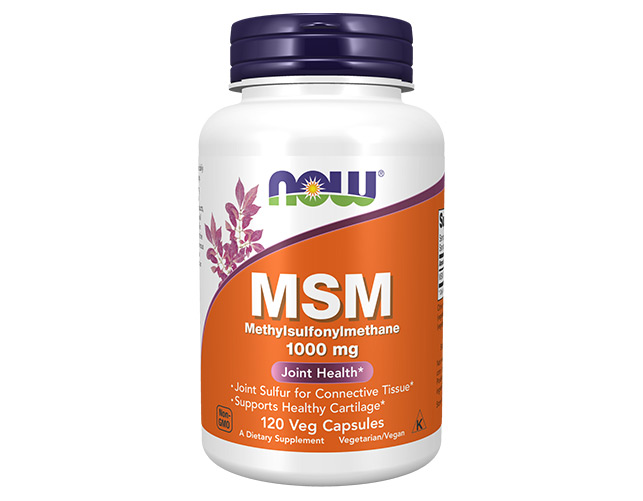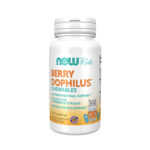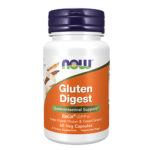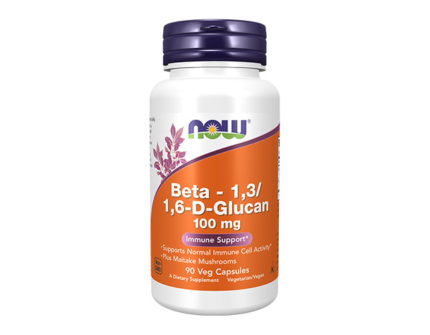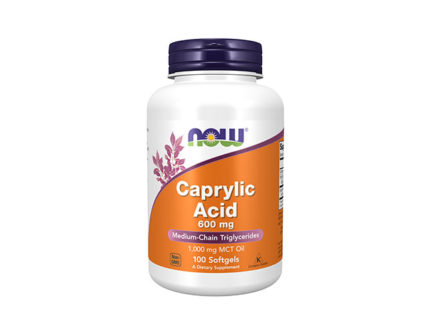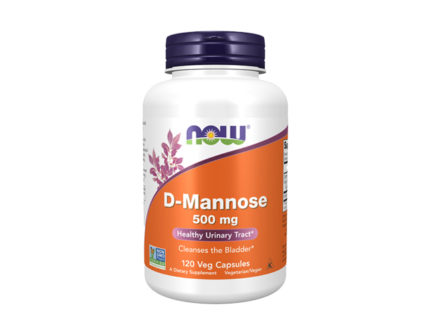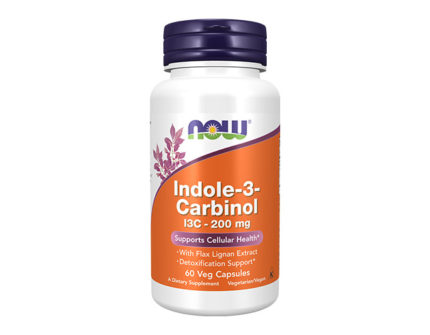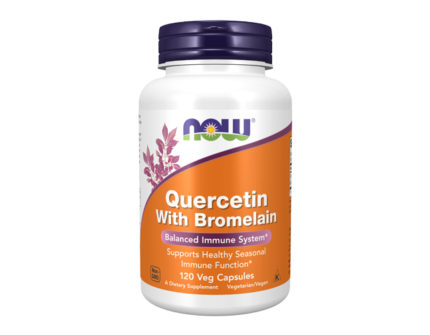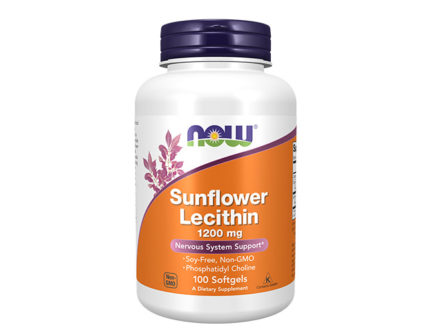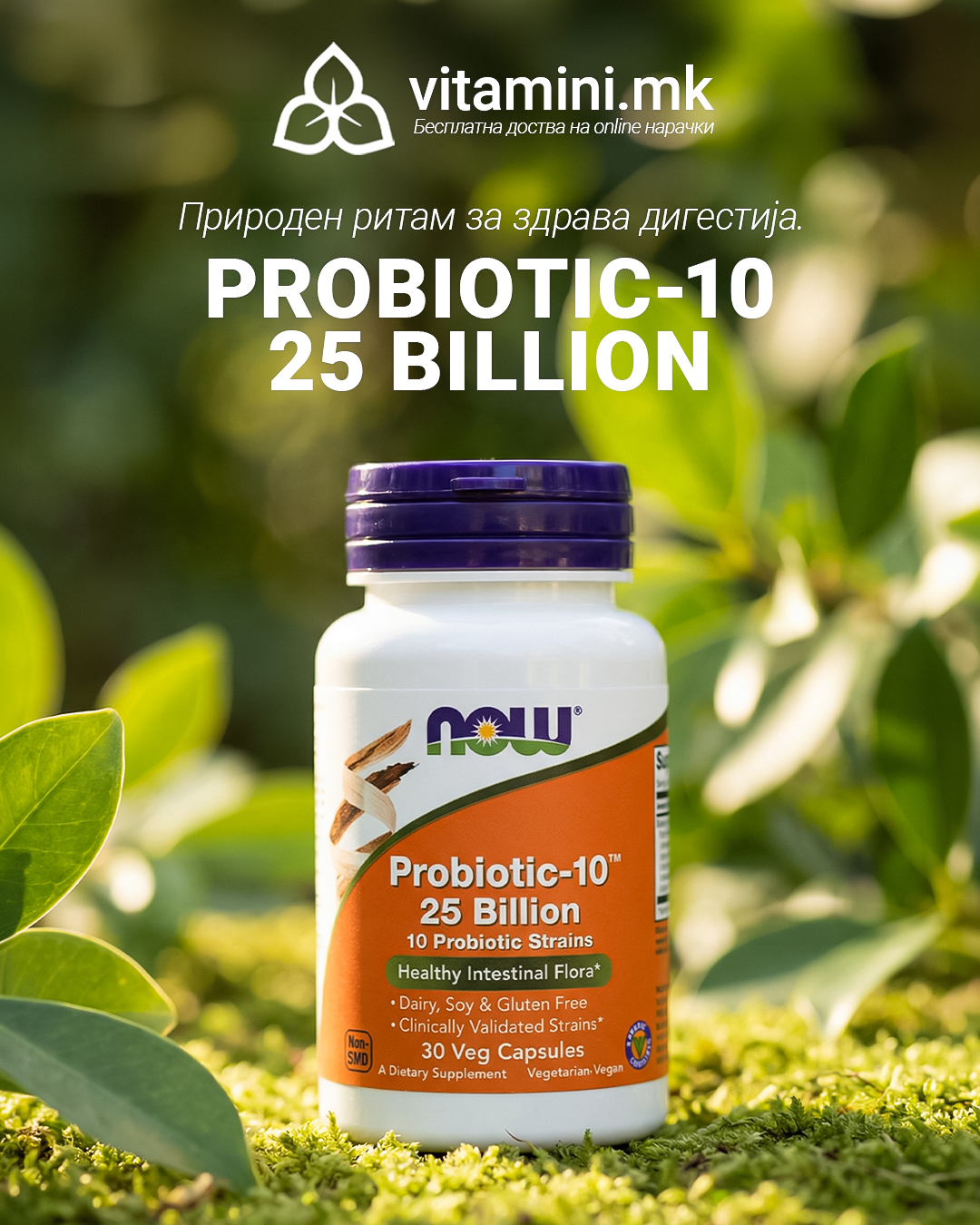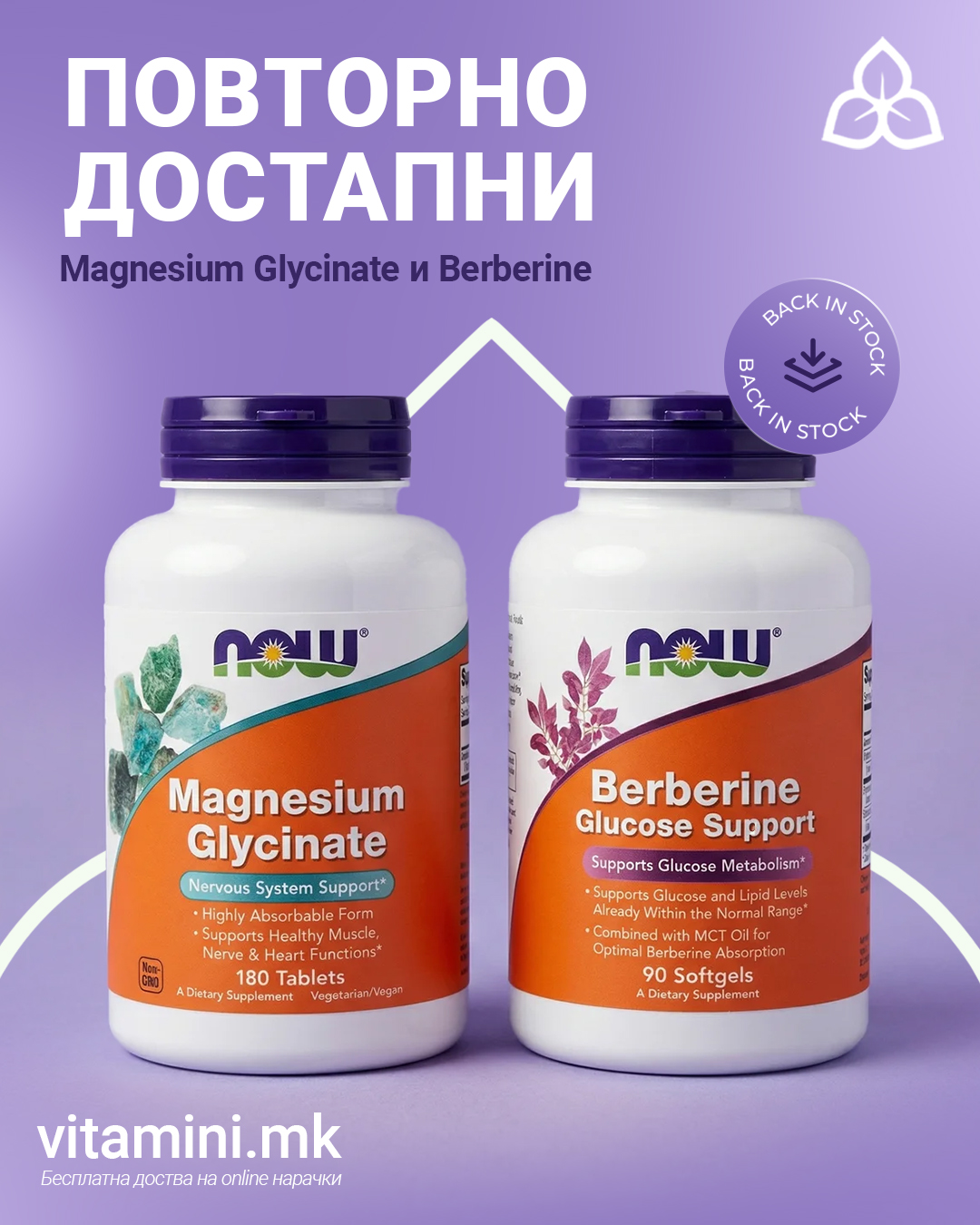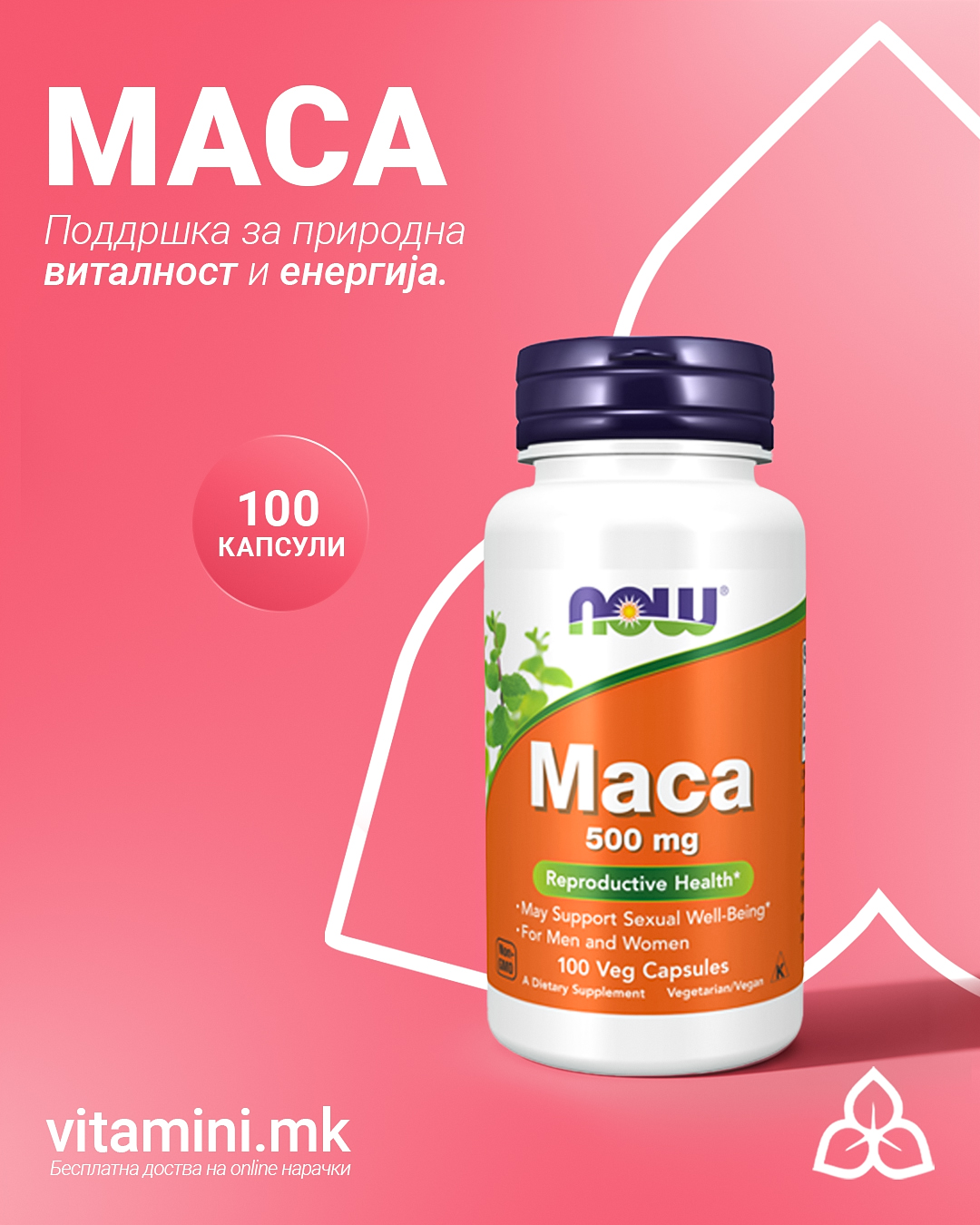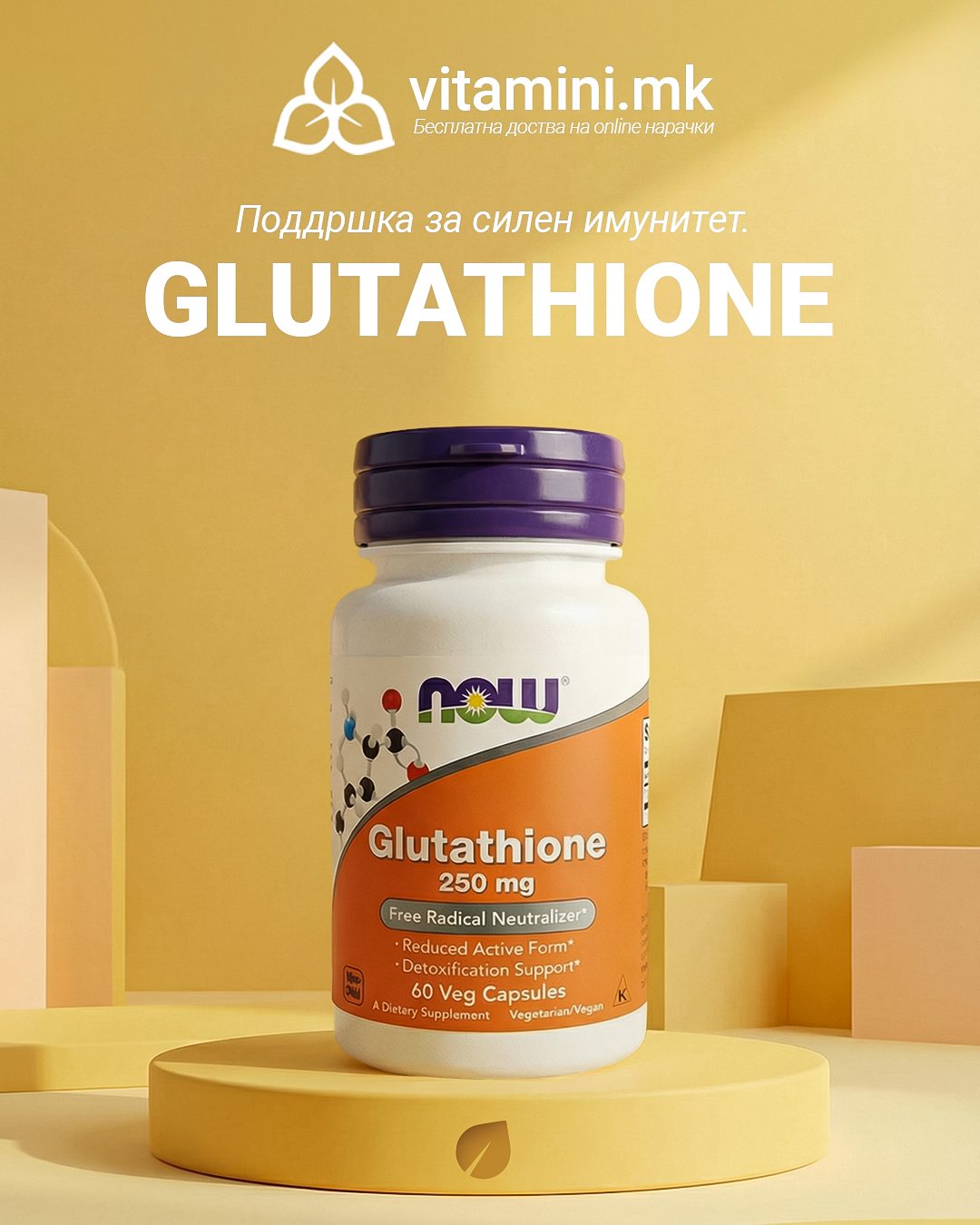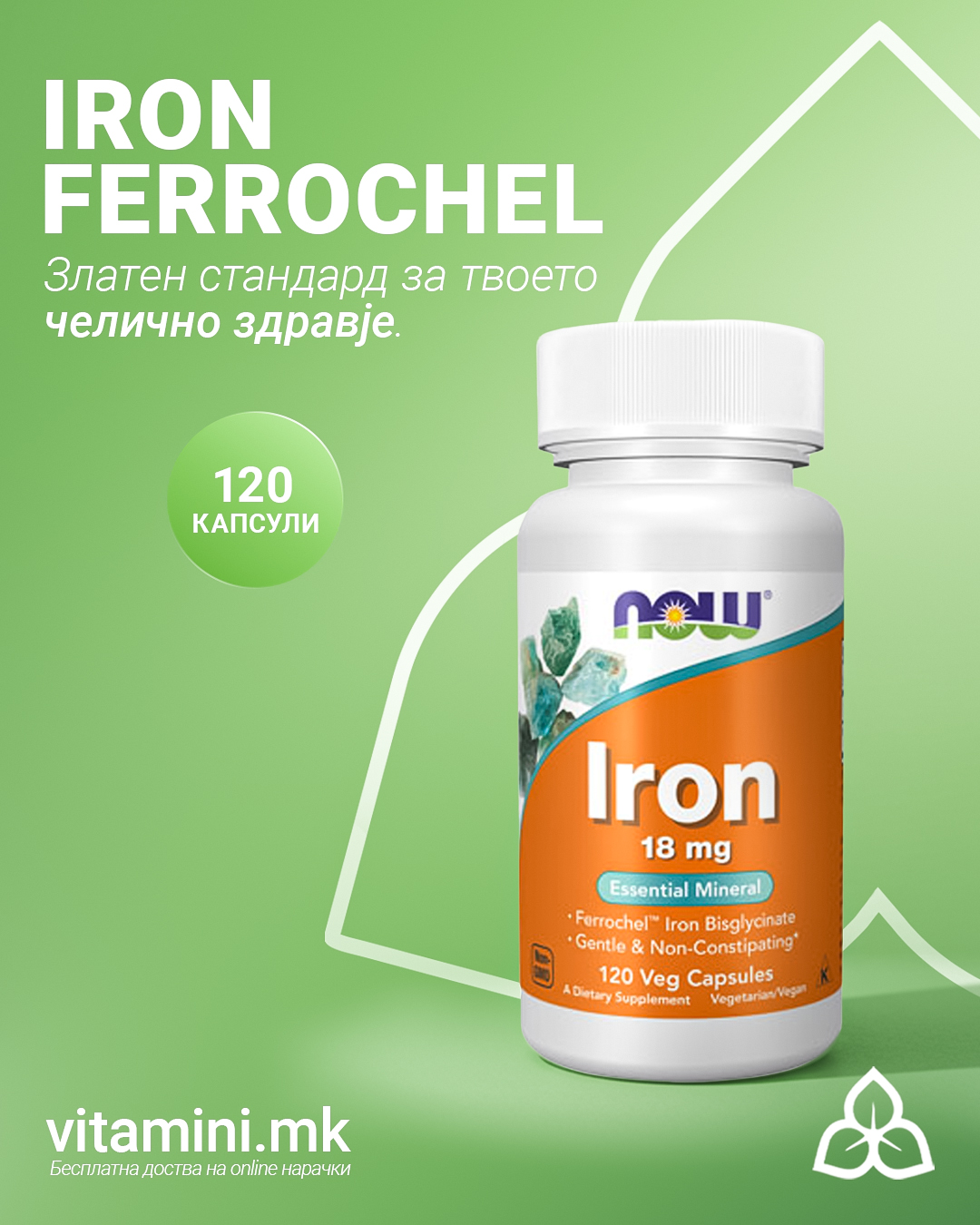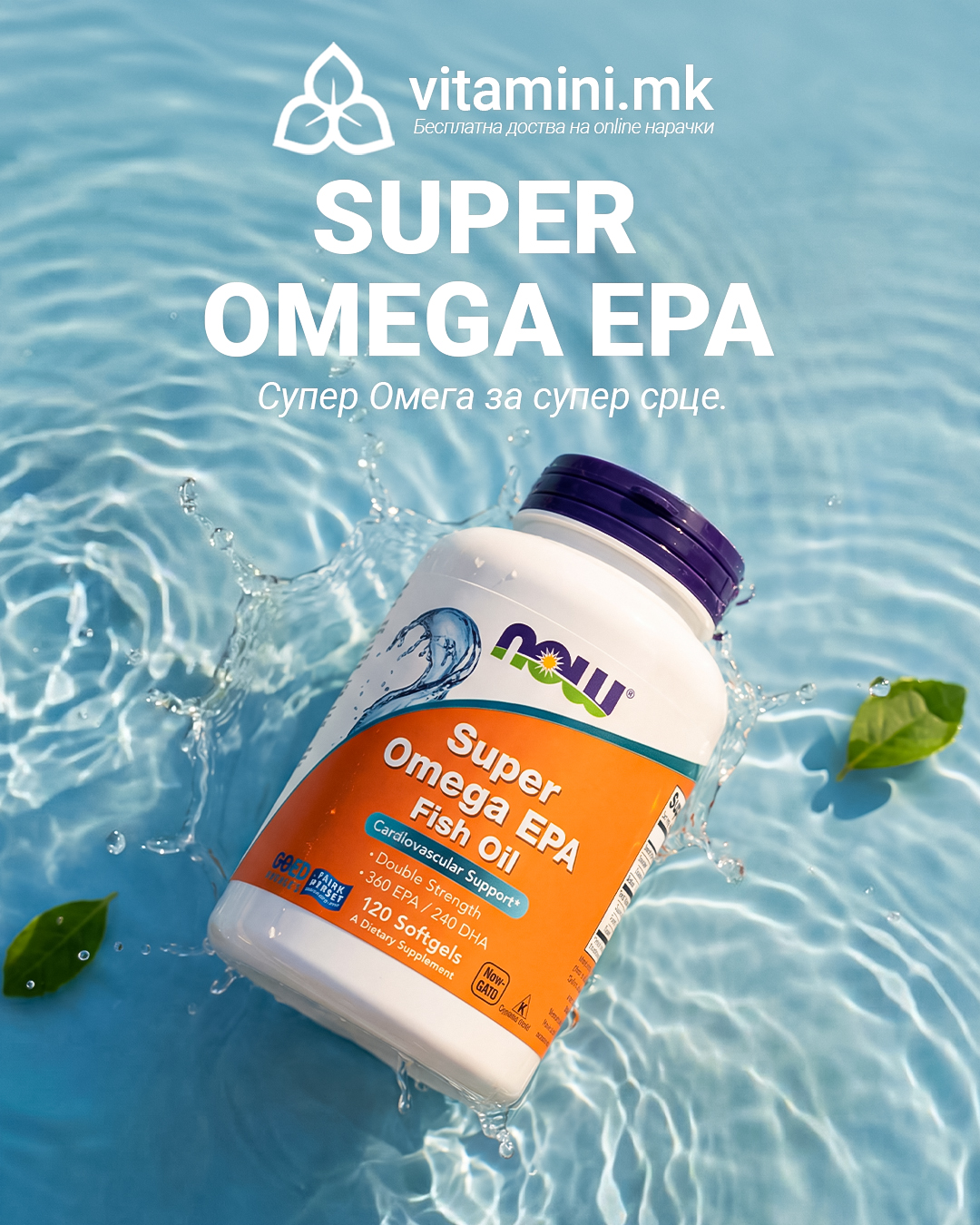For orders over 1.000 MKD
Products from renowned brands with top quality
02 324 6000 | info@trimeks.com.mk
MSM
1000 mg / 120 veg caps
1.280 ден
| Brand | |
|---|---|
| Индикации |
Sports and fitness |
Methylsulphonylmethane
Joint Sulfur for Connective Tissue
Supports Healthy Cartilage
MSM (Methylsulfonylmethane) is a sulfur-bearing compound that is naturally present in very small amounts in fruits, vegetables, grains, animal products, and some algae. Sulfur compounds are found in all body cells and are indispensable for life. MSM, in its role in the body’s sulfur cycle, helps to create the chemical links needed to form and maintain numerous different types of structural tissues of the human body, including connective tissues, such as articular cartilage and skin.
SUPPLEMENT FACTS
| Serving Size: | 2 Veg Capsules | |
|---|---|---|
| Servings Per Container: | 60 | |
| Amount per Serving | % Daily Value | |
| MSM (Methylsulphonylmethane) | 2 g (2,000 mg) | * |
| * Daily Value not established. |
Other ingredients: Cellulose (capsule), Stearic Acid (vegetable source) and Magnesium Stearate (vegetable source).
SUGGESTED USAGE
Take 2 capsules 1 to 2 times daily with food. If intestinal gas occurs, reduce dosage.
CAUTION
For adults only. Consult physician if pregnant/nursing, taking medication, or have a medical condition (especially glaucoma). Keep out of reach of children.
Store in a cool, dry place after opening.
Natural color variation may occur in this product.
MORE INFORMATION
MSM (Methylsulfonylmethane) is a form of biologically available sulfur, naturally occurring in extremely tiny amounts in plants. MSM contains 34% elemental sulfur, by weight. Sulfur is the 10th most abundant element in the universe. The sulfur that it supplies represents about the eighth most abundant mineral in the human body, about as much as potassium and more than sodium.
MSM is chemically known as dimethyl sulfone. Commercially, all MSM is chemically produced but nature-identical; in other words, it’s the natural form.
There are two primary methods used for the production of nature identical MSM. Both involve chemical synthesis from the element sulfur. MSM is not commercially available as an extract from plants or other natural materials.
- The first method starts with a reaction involving sulfur and methane that is energy efficient.
- The second method starts with petroleum byproducts reacted with paper mill waste that requires large amounts of energy.
NOW’s MSM is produced by the first method described above. It is considered more environmentally sustainable than the second method, which is typically far more energy-intensive and uses a combination of paper mill waste and refined petroleum by-products.
Other than both containing the mineral sulfur, which is a common element in many chemicals, there is no relationship between the two.
Sulfur is an essential element for human life. There are many sulfur compounds in nature including sulfur dioxide, sulfur-containing amino acids (taurine, l-methionine, l-cysteine, NAC, and glutathione), important sulfur compounds in food (garlic, onions, and broccoli), sulfur in joints, connective tissue, keratin, skin, and hair. Sulfur-based biochemicals provide free radical fighting properties, assist in normal detoxification, have anti-aging and cardiovascular benefits, and help keep our bodies’ joints well maintained.
By contrast, sulfonamides (sulfa drugs) are pharmaceuticals that are derived from sulfanilamide, another sulfur-containing chemical. Most sulfa drugs are antibiotics; some are prescribed as treatment for ulcerative colitis. Unlike MSM or sulfur, sulfa drugs work by disrupting the production of dihydrofolic acid, a form of the B vitamin folic acid that both gut bacteria and human cells use for producing proteins.

